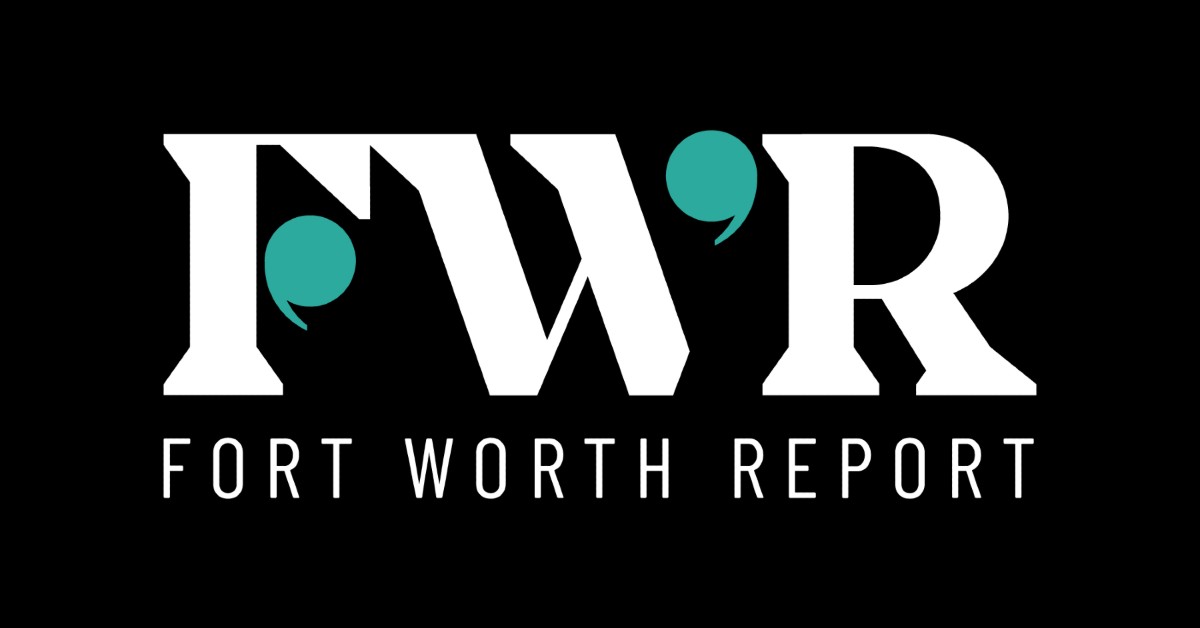NYC Education System Fails Youth in Juvenile Detention, Report Reveals

A recent report highlights significant deficiencies in the educational support provided to young people involved with the juvenile justice system in New York City. According to data released by Advocates for Children, approximately 1,040 students were enrolled in Passages Academy during the last school year. This program serves youth charged or found responsible for crimes and includes those in secure detention centers such as Crossroads Juvenile Center in Brooklyn and Horizon Juvenile Center in the Bronx.
The findings suggest that the city struggles to intervene effectively before students enter the court system and fails to provide adequate support for their reintegration into education once in custody. “The snapshot we’re getting of the students enrolled in Passages is that it’s likely that they had unmet needs then that led them to the detention or placement that they are in,” stated Rohini Singh, director of the school justice project at Advocates for Children.
Disparities and Challenges Faced by Students
The report reveals that nearly all young people cycling through Passages are boys, with a disproportionate number identifying as Black and experiencing emotional or learning disabilities. Alarmingly, at least half of these students struggle with illiteracy, performing worse on reading assessments than 95% of their peers in the same grade.
This report coincides with a City Council oversight hearing focused on the quality of education available to juveniles in detention. Advocates for Children has advocated for transparency in educational offerings for justice-involved youth, resulting in new legislation passed in late 2023 that mandates the Department of Education and the Administration for Children’s Services (ACS) to publish relevant data.
The report includes testimonies from families highlighting the lack of services or educational plans following their children’s release. One testimony described a 19-year-old detainee at Crossroads who required regular counseling but received only three sessions during an entire year in detention. Another case involved a 14-year-old discharged under house arrest, who was turned away from his local school during the registration process due to his release conditions.
“When a student’s in detention or placement, it signifies a crisis in their lives — but also a critical point for intervention,” Singh added.
Concerns Over Educational Quality and Support
Over recent years, attorneys have raised concerns about overcrowding in classrooms, with some juvenile detainees reportedly sleeping on floors. Instead of receiving proper instruction, students have been handed paper packets without supervision. “We consistently hear from the young people we serve that they are not taken to school, that entire units are kept from attending because one or two young people refuse, and that instead of instruction they are handed packets no one explains or reviews,” remarked Melinda Andra, lead attorney of the education division at The Legal Aid Society.
Despite the reported overrepresentation of students with emotional disabilities in the program, there are only two psychologists assigned to various school sites. Additionally, one in six special education students did not receive timely service plans.
The report indicates a troubling lack of understanding regarding the academic progress of students in Passages, as the city has not shared data on key performance measures required by law. A spokesperson for the public schools, Onika Richards, stated, “We take these concerns extremely seriously. This work is ongoing, and we will continue to prioritize strengthening any necessary interventions and removing any barriers that have disrupted student learning in the past.”
Conversely, ACS has reported positive outcomes, including an increase in high school graduations and GED completions. Last school year, 15 students graduated high school and 28 earned their GEDs, showing an improvement from 8 and 30 the previous year. “We are seeing progress, with more young people graduating from high school, getting their GEDs, and starting college,” stated Marisa Kaufman, a spokesperson for ACS.
Despite these advancements, Singh emphasizes that the city must enhance support for young people post-release to prevent them from returning to the juvenile justice system. The report found that fewer than a quarter of youth transferred back to public schools or GED programs after their release, and many of those who did attended for less than 10 days before dropping out.
“They’re discharged and then, unless there are supports in place to help them attend school regularly, they often end up back in detention,” Singh concluded.
This report underscores the urgent need for systemic changes to improve educational outcomes for youth in the juvenile justice system and to address the broader issues contributing to their involvement with the courts.






